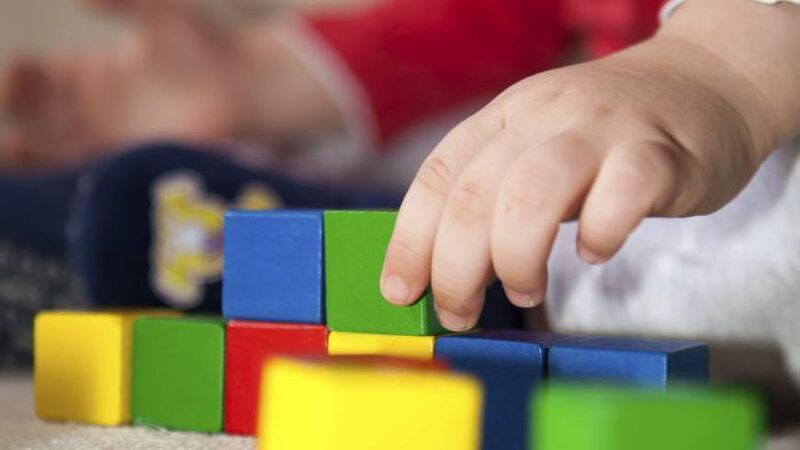Rise in public concerns over childcare services made to Tusla

Tusla has responsibility for registering and inspecting preschools, playgroups, nurseries, crèches, day-care and other services for children aged 0-6 years.
The number of notification of incidents to Tusla's Early Years Inspectorate almost doubled between 2017 and 2019, with the number of pieces of unsolicited information received by the watchdog increasing at the same rate.
A new report by the Child and Family Agency, which analyses trends in the sector over the years 2017 to 2019 inclusive, found the majority of childcare suppliers inspected over the three-year period were broadly compliant with regulations, but that "levels of compliance that assess the safety, health and wellbeing of children and the management of recruitment required improvement".










